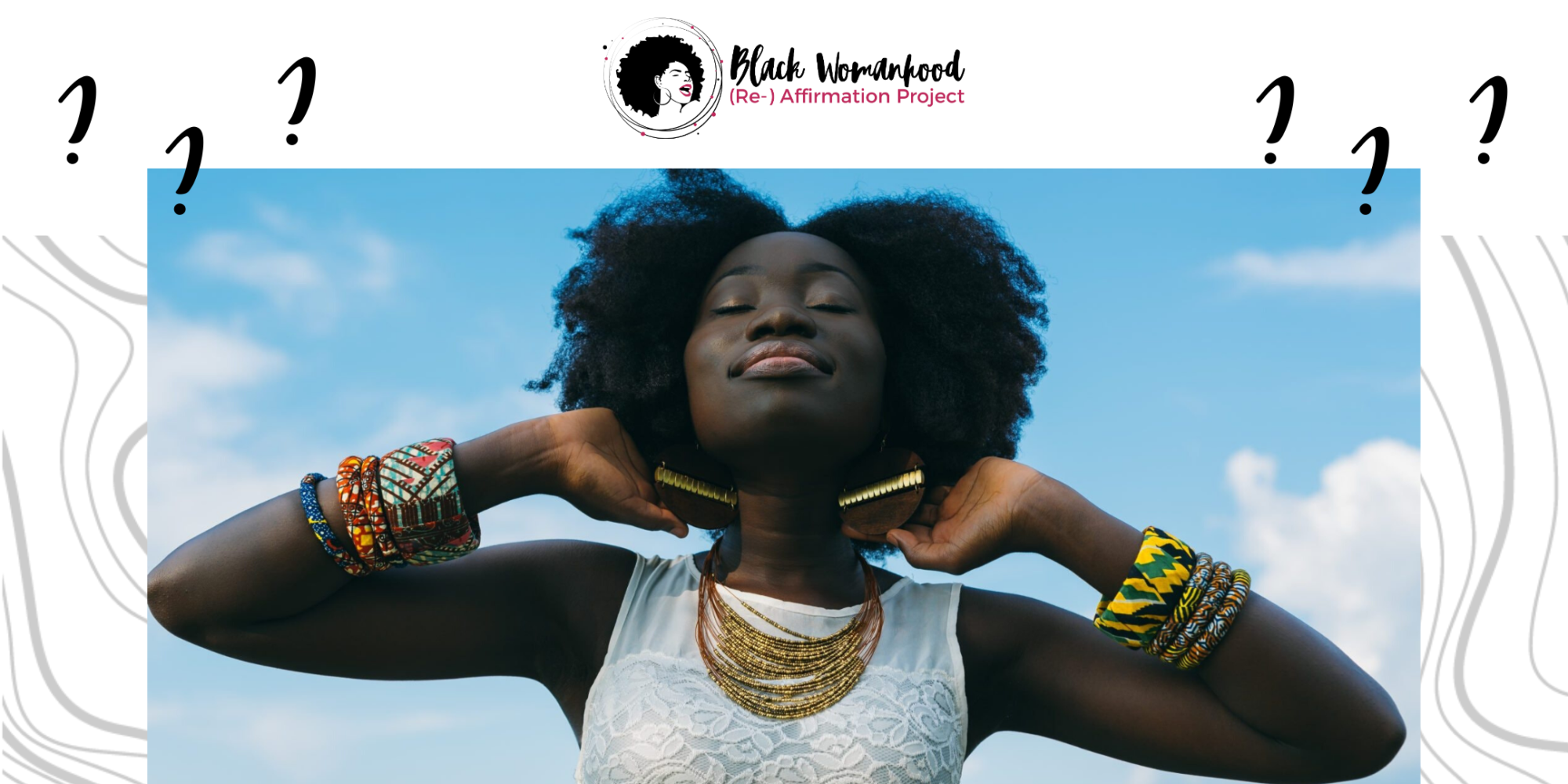
I spent more than a year developing the Black Womanhood (Re-)Affirmation Project. Writing down what I wanted it to be, conducting interviews and surveys to find out if anyone else wanted the same thing, testing out an online course, and finally reconciling what I wanted with who I am and what the women I most want to reach need. I articulated a mission, vision statement, and guiding principles, and pitched my first in-person course to a writing center in Camden, NJ. Liberation Through Literature: Black Women Writing for Self-Knowledge and Self-Love was due to begin April 13, 2020.
Then came the pandemic.
Then the rearranging of my life to be lived online. Then the realization that much of my life was work, and even though the work could be done online, much of it just didn’t seem worth doing.
Loss of interest in things you used to enjoy is a symptom of depression, and it’s hard not to find someone who isn’t in emotional turmoil right now. But for me, it’s been more complicated than loss of interest. I haven’t been able to find the importance of my work in the now.
My archival research, which I have not yet been able to return to because the collections I was researching are not digitized, would have focused on counter-cultural literature of the 1950s-1970s. That, I felt, spoke to the moment and still would. A Democratic Socialist was still running for president when I started the research, and now that some people have seen that inequity truly kills people, socialist newspapers and journals of a slightly different era might offer timely insight. The Black WRAP and Liberation Through Literature, however, center radical self-love.
What does radical self-love have to do with anything right now? Why is it important? What does it even look like right now?
Honestly, I haven’t been able to find the answers yet. Sure, I could spin a course on writing for self-love as imperative to right now because so many of us are spending time with ourselves and needing to love the one we’re with, but that struck me as untrue to the overall vision: liberation. “Self-love in a world that hates you is one of the most subversive acts you can commit to.” I say it all the time. And in normal circumstances, I believe it. In normal circumstances, in everyday misogyny and anti-blackness, when white supremacy is just doing its usual thing, we have to learn and re-teach ourselves self-love all the time and in the artistic and literary ways we have for centuries.
But now? When white supremacy is showing up as conspiracy theories about 5G and China, or as calls to “liberate” churches and businesses, sacrifice our elders and “two to three percent” of American children so most of us can go back to not making enough money and to having healthcare attached to employment? When the very traditions that black folks developed to comfort one another in times of grief can’t happen the way we designed them because large gatherings will spread a virus? Even if I could convince myself that self-love would resolve all of that, how do I make lesson plans or create an e-course out of it?
I don’t have an answer to that. Maybe Black WRAP is part of that grand system that needed to be disrupted and needs to be replaced. Maybe my self-love theories are faulty and that’s not what I should’ve focused on anyway.
But there’s still something to the overall vision:

So many people are finding new ways to grow in community right now. Teaching is how I do that. I’ve “seen” friends on the West Coast, in Louisville, and in North Carolina more in the past month than I have in the past 10-15 years because they keep their cameras on during my dance classes on Zoom. I am amplifying stories of black liberation, history, and culture through dance, giving myself the time to tell the stories of the movements instead of just demonstrating steps. Is that helping any of my participants to love themselves more? It may not be preparing them to return to the streets as freedom fighters, but I think it’s giving them a release, reminding them of the health and strength they have and want to hold on to, and so, maybe affirming their resilience. And that feels needed right now.
Published 04.20.2020

Recent Comments